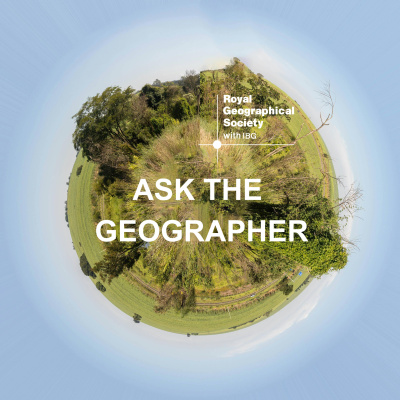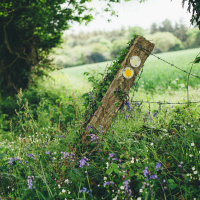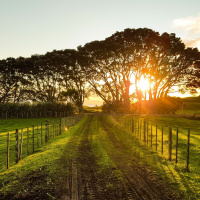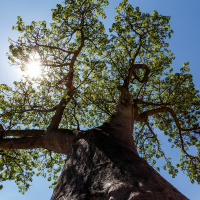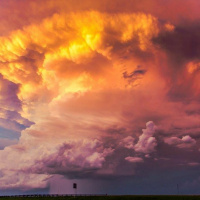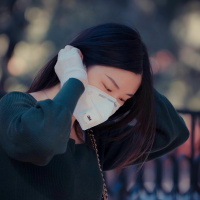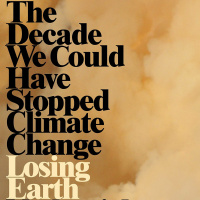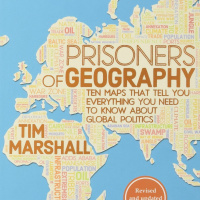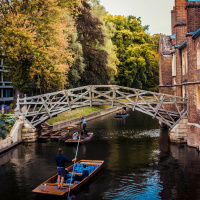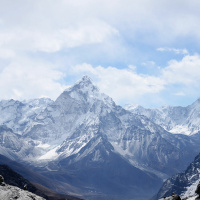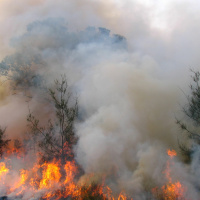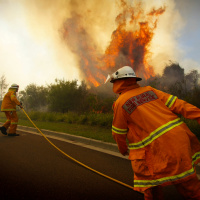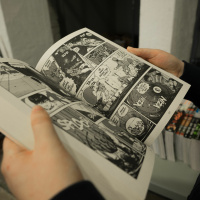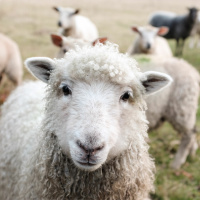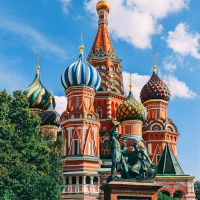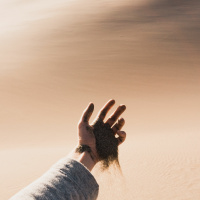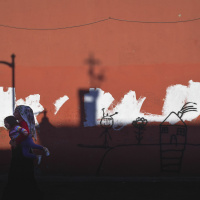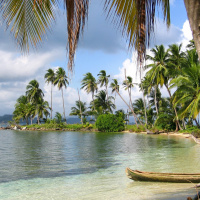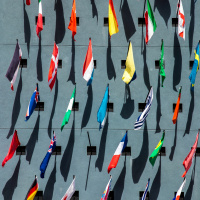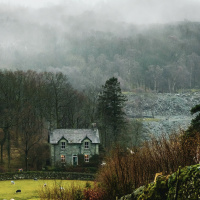Sinopsis
Podcast by Royal Geographical Society (with IBG)
Episodios
-
The Forgotten Paths of the UK by Dr Joe Thorogood, Dr Phil Wadey and Jack Cornish
05/08/2020 Duración: 37minThe Forgotten Paths of the UK by Dr Joe Thorogood, Dr Phil Wadey and Jack Cornish by Royal Geographical Society (with IBG) Schools
-
The beauty of Earth Observation in geography with Dr Fleur Visser
08/07/2020 Duración: 30minThe beauty of Earth Observation in geography with Dr Fleur Visser by Royal Geographical Society (with IBG) Schools
-
Do you know what the Countryside Survey is? Dr Lisa Norton explains
25/06/2020 Duración: 25minDo you know what the Countryside Survey is? Dr Lisa Norton explains by Royal Geographical Society (with IBG) Schools
-
Charity Mhlanga, winner of the OS award, recognising excellence in geography education
18/06/2020 Duración: 30minCharity Mhlanga, winner of the OS award, recognising excellence in geography education by Royal Geographical Society (with IBG) Schools
-
A Royal Meteorological Society update on weather, climate and COVID-19. Dr Sylvia Knight
22/05/2020 Duración: 21minA Royal Meteorological Society update on weather, climate and COVID-19. Dr Sylvia Knight by Royal Geographical Society (with IBG) Schools
-
South Korea is a success story for managing Covid19, is surveillance the answer? Dr Sonn explains
04/05/2020 Duración: 28minSouth Korea is a success story for managing Covid19, is surveillance the answer? Dr Sonn explains by Royal Geographical Society (with IBG) Schools
-
A conversation with Nathaniel Rich on 1979 to 1989 'The Decade We Could Have Stopped Climate Change'
26/04/2020 Duración: 26minA conversation with Nathaniel Rich on 1979 to 1989 'The Decade We Could Have Stopped Climate Change' by Royal Geographical Society (with IBG) Schools
-
A conversation with Tim Marshall, author of the seminal book Prisoners of Geography
15/04/2020 Duración: 18minA conversation with Tim Marshall, author of the seminal book Prisoners of Geography by Royal Geographical Society (with IBG) Schools
-
Victoria Ayodeji, on her remarkable journey from Hackney to the University of Cambridge
29/03/2020 Duración: 19minVictoria Ayodeji, on her remarkable journey from Hackney to the University of Cambridge by Royal Geographical Society (with IBG) Schools
-
Aaron Wyld, winner of the Marjorie Sweeting award, on hypsometry and geomorphic evolution
10/03/2020 Duración: 19minAaron Wyld, winner of the Marjorie Sweeting award, on hypsometry and geomorphic evolution by Royal Geographical Society (with IBG) Schools
-
What is the Indian Ocean Dipole and Southern Annular Mode? Dr Helen Cleugh
18/02/2020 Duración: 31minWhat is the Indian Ocean Dipole and Southern Annular Mode? Dr Helen Cleugh by Royal Geographical Society (with IBG) Schools
-
Why live in fire prone areas and how do people cope? Dr Christine Eriksen
11/02/2020 Duración: 28minWhy live in fire prone areas and how do people cope? Dr Christine Eriksen by Royal Geographical Society (with IBG) Schools
-
How do graphic novels help understanding of natural disasters? Dr Gemma Sou
30/08/2019 Duración: 20minOn September 2017, the biggest storm in Caribbean history, Hurricane Maria struck Puerto Rico causing 30 billion US dollars in damage. But what happened after the storm passed? In this podcast we’re meeting Dr Gemma Sou, to find out about her research with 16 low-economy Puerto Richan families to discover how they recovered from the Hurricane and its long-term and hidden impacts. We’ll discuss how Dr Sou turned this research into a 20 page graphic novella to tell the story of a fictional family based upon these experiences.
-
How is globalisation changing the countryside? Professor Michael Wood
23/08/2019 Duración: 21minGlobalisation is changing our world as we know it, it’s transforming economies, societies, and the environment. But whilst geographers have long studied its effects in global cities - there’s been little research on the concept of ‘a global countryside’ and the impacts of globalisation on rural spaces. In this podcast we meet Professor Michael Wood from Aberystwyth University. We discuss how migration, trade, and tourism has shaped the rural landscape in England and Wales.
-
How is climate and its science governed in Russia? Dr Jon Oldfield
19/08/2019 Duración: 17minIn this podcast we meet with Dr Jon Oldfield, from the University of Birmingham to discuss geopolitics, the role of Russia as an influential climate actor, and the potential consequences of climate change on this vast and environmentally dynamic country. We’ll be finding out more about his latest research project into Soviet climate science and its intellectual legacies
-
Why is sand a powerful natural resource? Dr Laura Schoenberger
16/08/2019 Duración: 11minIn this podcast, we meet with Laura Schoenberger, we explore how, in countries such as Cambodia, sand mining is contributing to the erosion of estuaries, collapse of riverbanks. Sand is not a renewable resource within human timescales, so what does this mean for our environment and the countries that will suffer the most insecurity as a result of its loss.
-
How is place-attachment and belonging managed in refugee re-settlement? Sara Kindon and Amber Kale
12/08/2019 Duración: 23minWhen refugees re-settle into new communities it can impact sense of belonging, place and home. So how can this be negotiated and managed? In this podcast we’re joined by Sara Kindon and Amber Kale from Victoria University, Wellington, New Zealand. We’ll be discussing their research into migration, homliness, belonging and the methods that geographers use to explore these issues through qualitative data.
-
How is creativity produced in the Caribbean? Dr Pat Noxolo
09/08/2019 Duración: 31minCaribbean creativity has shaped literary, music and dance cultures globally. Alongside this geographers are increasingly looking at what performance can tell us about place, identity and politics. In this podcast we're interviewing Dr Pat Noxolo from the University of Birmingham, to discuss the ways in which Caribbean people deploy creative energy to live with the everyday effects of insecurity, poverty, inequality and violence in this culturally and environmentally unique region.
-
How does international aid work? Dr Emma Mawdsley
05/08/2019 Duración: 25minInternational aid is more than a flow of money. Whilst it’s an economic exchange, it’s also one that shaped by geopolitics and geographical imaginations about place - especially so, in terms of traditional donors and recipients of aid. In this podcast we're joined by Dr Emma Mawdsley to discuss global development, and how international aid really works.
-
What is rural gentrification? Professor Martin Philips
02/08/2019 Duración: 21minTraditionally, gentrification has been considered a highly urban process, taking place in cities and towns. But gentrification - and its implications for changing landscapes, rising rents, and displacement - take place in rural spaces too. In this podcast, we meet Professor Martin Philips from the University of Leicester to discuss how TV and Media have constructed representations of rural life in Britain, and how often this may belie the realities and challenges of the countryside.
